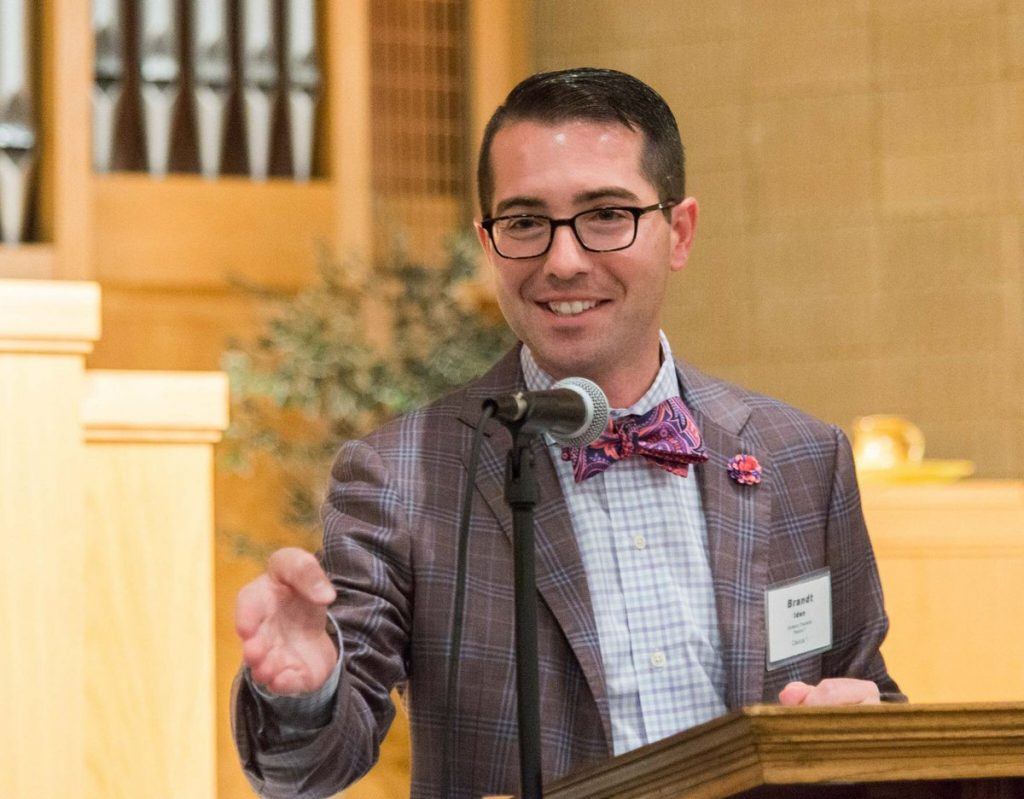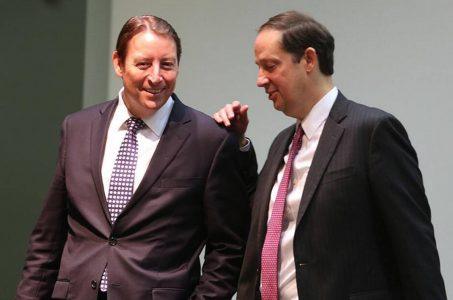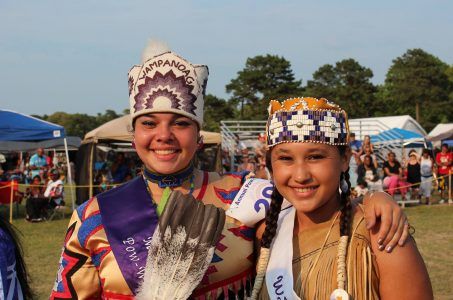Michigan Online Gaming, Sports Betting Bill Stalls in House, Hindered by Tribal Gaming
Posted on: May 11, 2018, 01:00h.
Last updated on: May 11, 2018, 09:50h.
Michigan’s online gaming and sports betting bill was tipped by its sponsor for passage through the House this week, but Representative Brandt Iden’s (R-District 61) prediction came up short.

Iden’s bill would create the Lawful Internet Gaming Act, legalizing online gaming, online poker, and sports betting for the state’s 25 casinos, but while it generated heated debate in the House, it didn’t make the floor for a vote.
The understanding is that tribal gaming interests stood in its way.
This was a revised version of the online gambling bill presented to the legislature in 2017 by Senator Mike Kowall, and co-sponsored by Iden. Kowall passed on the baton when he retired at the end of the 2017 session.
Commercial-Tribal Friction
Along with the addition of sports betting, revisions to the bill include a proposed tax cut from 15 percent of gross gaming revenue to a very industry-friendly 8 percent. It also tried to extend a hand to the state’s tribal operators, providing guidance on how they would renegotiate their compacts to include online gaming and sports betting.
Winning the support of the tribes is crucial for the success of any kind of gambling bill in a state like Michigan, which has an even mix of tribal and commercial operators — and it also represents a very real sticking point.
With 12 Indian gaming operators, the tribes are well represented in the legislature and are instinctually mistrustful of any legislation that might expand gambling where it could also benefit commercial operators.
Tribes Unconvinced
While online gambling and sports betting may be appealing to some tribal operators, many are fearful they are being “oversold” by lawmakers, and that the benefits will not outweigh the risk of renegotiating compacts.
After all, all gambling expansion bills are about increasing tax revenue for the state, but the Indian Gaming Regulation Act 1988 (IGRA) prohibits states from taxing tribes on their gaming operations. Instead, tribes make revenue-share payments that have been painstakingly negotiated, and preserving the status quo is often the best option.
Rub the tribes up the wrong way by approving a deal that benefits commercial gaming operators, and they might claim compact violation and threaten to withhold revenue-share payments.
It may be that Michigan’s challenge of marrying tribal and commercial gaming in one piece of legislation is too ambitious and will result in a giant legal headache.
Iden is undeterred, however. He still believes he can get the tribes on board and push his bill through before the legislature breaks on June 21.
Related News Articles
Most Popular
FTC: Casino Resort Fees Must Be Included in Upfront Hotel Rates
Genovese Capo Sentenced for Illegal Gambling on Long Island
NBA Referees Expose Sports Betting Abuse Following Steve Kerr Meltdown
UPDATE: Former Resorts World & MGM Grand Prez Loses Gaming License
Most Commented
-
UPDATE: Whiskey Pete’s Casino Near Las Vegas Closes
— December 20, 2024 — 31 Comments -
Caesars Virginia in Danville Now Accepting Hotel Room Reservations
— November 27, 2024 — 9 Comments -
UPDATE: Former Resorts World & MGM Grand Prez Loses Gaming License
— December 19, 2024 — 8 Comments -
FTC: Casino Resort Fees Must Be Included in Upfront Hotel Rates
— December 17, 2024 — 7 Comments
















No comments yet